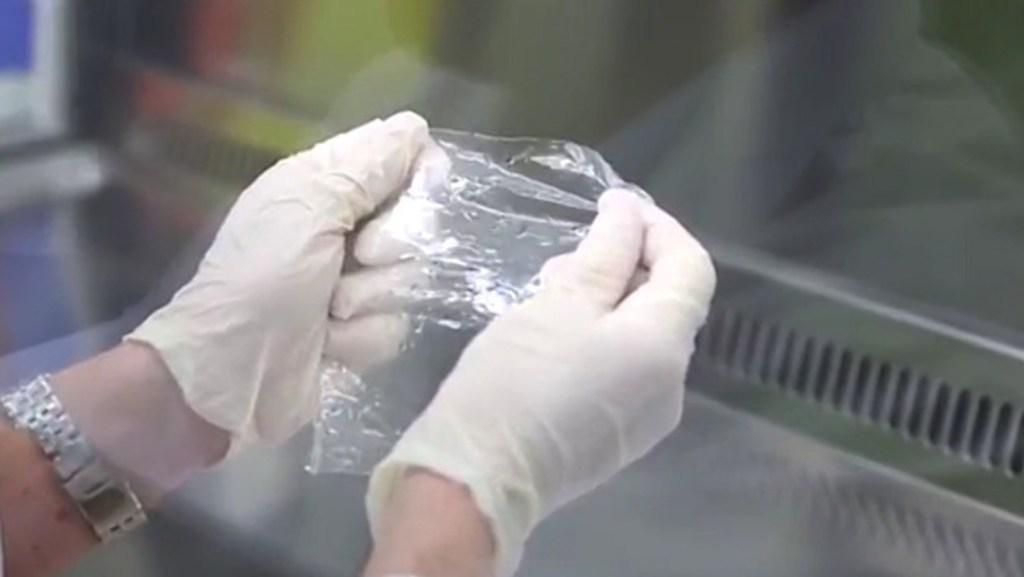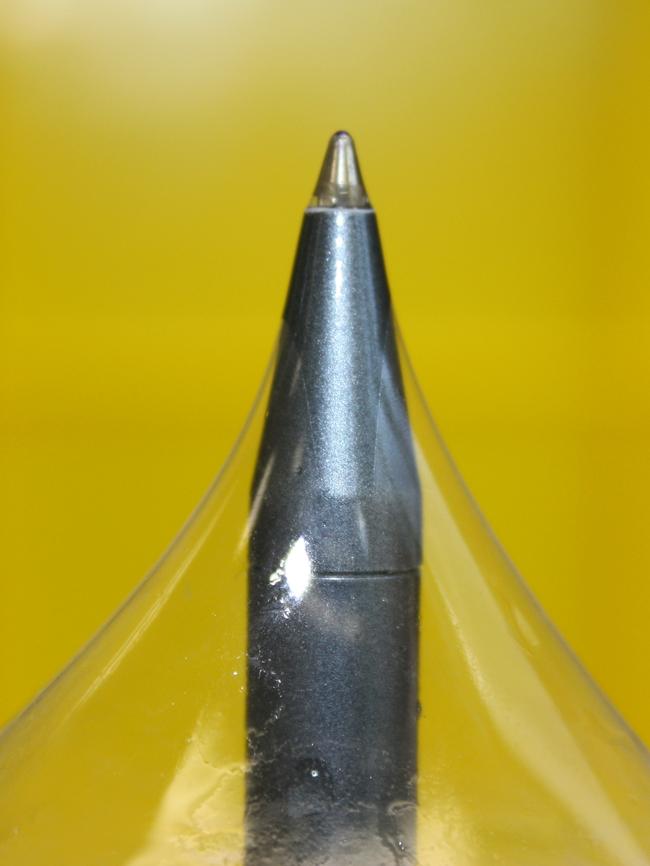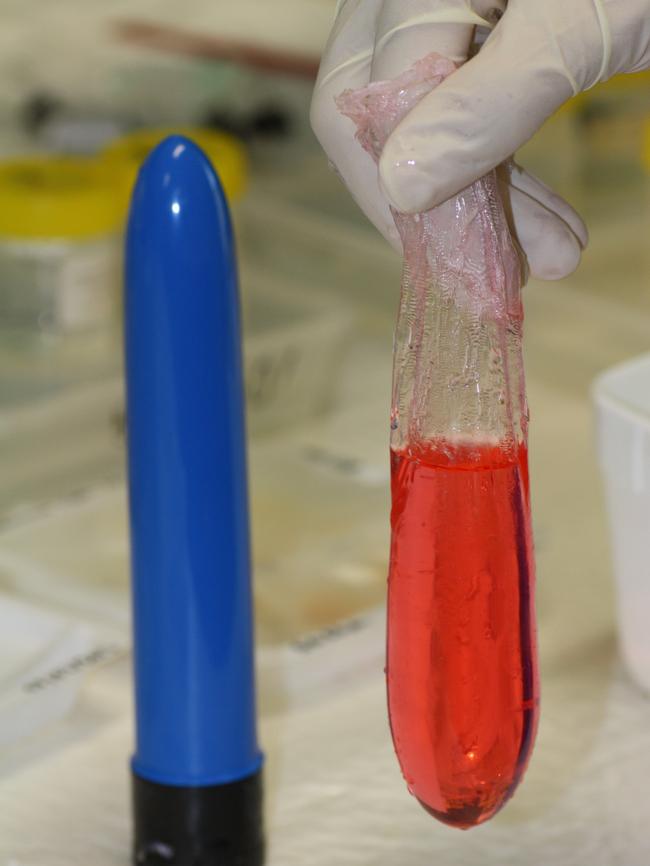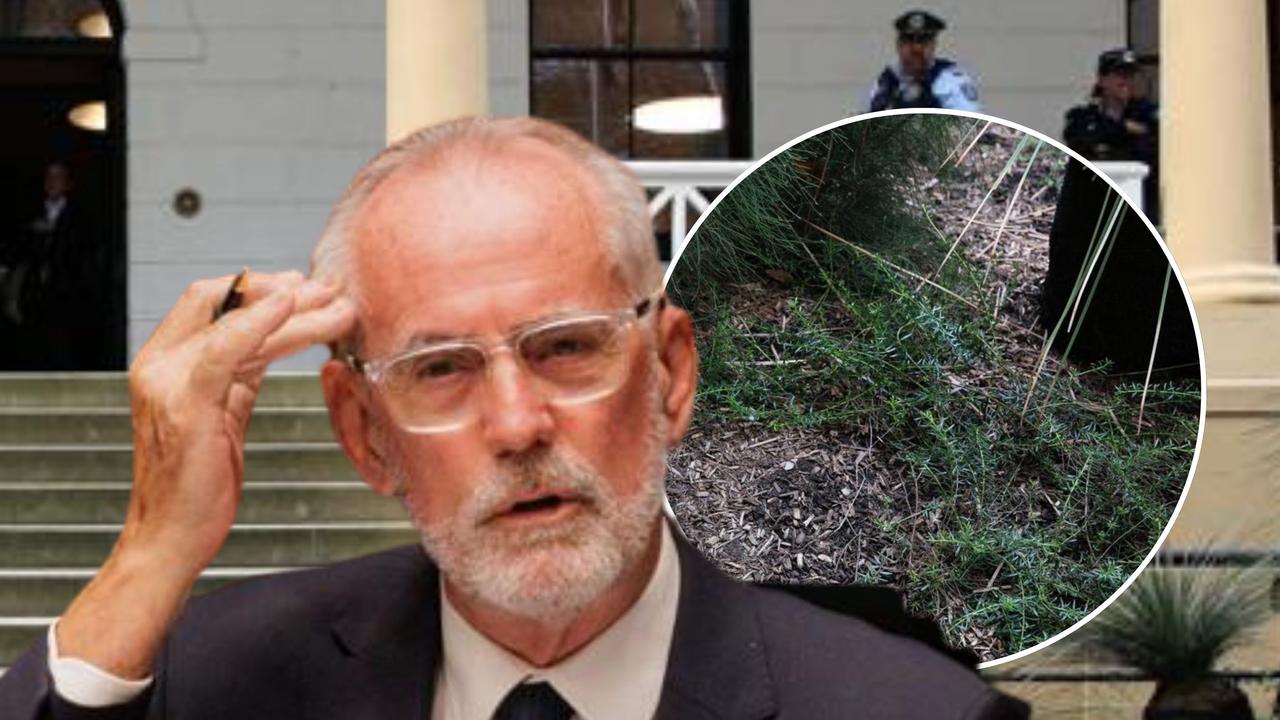Australian researchers excited over $100,000 grant to develop next generation condom that ‘looks and feels’ like skin
IT’S the next generation condom designed to enhance sexual pleasure that “acts, feels and looks more like skin” and could have “a real impact on the world”.

NSW
Don't miss out on the headlines from NSW. Followed categories will be added to My News.
IT’S the next generation condom designed to enhance sexual pleasure.
Australian researchers have received $100,000 from the Bill and Melinda Gates Foundation for their work in using tough hydrogel condoms as an alternative to latex products.
Dr Robert Gorkin, from the University of Wollongong, said the condom was about making something which “acts, feels and looks more like skin”.
“There is a bit of a perception of a lack of sensation with latex condoms,” Dr Gorkin said. “But with tough hydrogel you can put lubricant into the condom whereas with latex it goes on top.
“As thin as you go with latex they’ll still feel the latex material where Hydrogel is some of the most skin like material there is.”


Dr Gorkin hopes the new condom will increase global usage, particularly in third world countries.
“We could do something right now that could have a real impact on the world,” he said.
The Bill and Melinda Gates Foundation awarded 52 grants out of 1700 applicants worldwide. And there is an opportunity to receive a further one million dollars depending on results.
Entries had to be no more than two pages and not include any credentials, which differs to other grant applications.
“It differed to most processes which can generally be 100 pages or more,” he said. “They didn’t want to know who we were just what the idea was.
“They wanted us to wow them with the concept and then show them we could do it.”

Professor Don Iverson, Executive Dean for the Faculty of Health, Arts and Design at Swinburne University, will assist Dr Gorkin’s team by sending designers to Africa for research.
“We are looking at sending people from our design school to Nigeria to collect data,” Dr Iverson said.
“We want to find out what is required for it to be accepted if it’s colour, packaging or marketing as well as running focus groups in Sydney and Melbourne with migrant populations,” he said.
“If we get usage up we do three things, reduce spread of HIV, reduce the spread of sexually transmitted diseases and reduce unwanted pregnancies.
“People think that we have solved the AIDS problem but it is a major problem in the developing countries. It is especially a problem in Africa.”
Dr Gorkin said the grant funds will go toward further testing on the tough hydrogel condoms.


